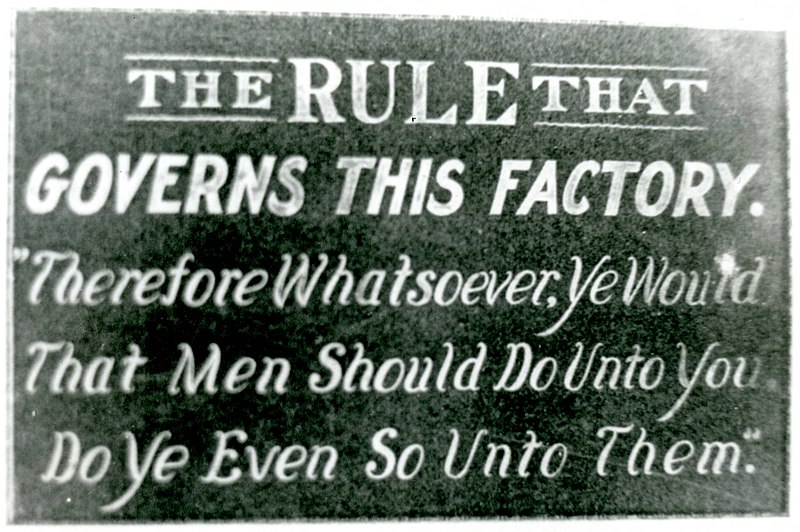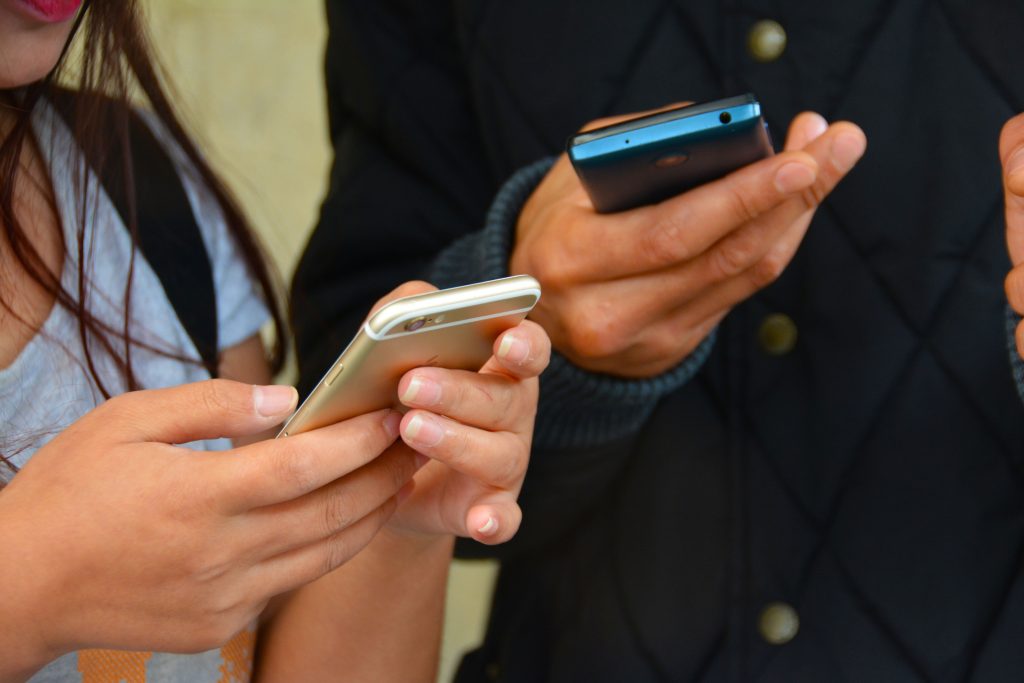Acting as a Respectful Listener

The Golden Rule suggests that people treat others how they would expect others to treat them, and in public speaking, this rule holds especially true.
Note to Self
Electronic Distraction

During speeches, avoid phone, tablet, or laptop use, unless previously arranged with the speaker in advance due to a special and documented accommodation need. With electronic devices, it is almost impossible not to check email, the internet, or social media. Studies indicate that this kind of multitasking impairs learning (Murphy Paul, 2013); once people engage with electronic devices, they no longer pay attention to what happens in the room.
Shouldn’t audience members have the choice about whether they want to use their time engaging actively with the material at hand, or whether they would prefer to multitask? After all, they think they are not bothering anyone as they quietly read email or check social media platforms. This assumption has flaws. First, such activity damages the learning environment for others, even when conducted in silence. A study (Sana, Weston, & Cepeda, 2013) found that, not only did the multitasking student in a classroom do worse on a post-class test on the material, so did the peers who could see the computer. In other words, the off-task laptop use distracted not only the laptop user, but also the group of students surrounding the laptop user.
In addition, the speaker can find multitasking on a laptop a bit distracting because sometimes the audience member does not type at the most opportune times. Typing suggests the “listener” has more important things to do than engaging with the topic and listening to the speaker. That thought alone serves to distract the speaker’s attention.
Also consider the speaking environment. When working on a laptop, the speaker’s attention gets drawn to the back of the computer screen, rather than sustaining eye contact with the user. Learning in communication happens best when everyone actively engages with one another in the exchange of information. This can mean looking up from taking notes to listen, which means making strategic decisions about what to write down. Note taking should support the learning and retention of material; note taking itself does not qualify as learning.
A 2014 study (Mueller & Oppenheimer, 2014) that got a lot of attention in mainstream press suggests that taking notes by hand rather than typing them on a laptop improves comprehension of the material. While students taking notes on a laptop (and only taking notes—they were not allowed to multitask) wrote down more of the material covered in class, they often typed what the instructor said verbatim, which seems to have led to them process the material less. Meanwhile, the students taking notes by hand had to synthesize and condense as they wrote because they could not get everything down. As a result, they learned and retained the material better. Handwritten pages also permit the opportunity to easily create visual connections through the use of arrows, flowcharts, etc.
In public speaking scenarios, it’s best to break addictive patterns with regard to email, texting, social media, and internet usage. It may seem a bit silly to find it difficult to go for an hour without checking a phone or other electronic devices, but it happens quite often. Modern life offers many distractions, and though checking devices may have become a force of habit, people can use the opportunity as a listener to create or reinforce a habit of not checking them as well.
Provide Encouragement

One of the best ways to support a speaker is to provide solid nonverbal encouragement while staying mindful of the nonverbal messages sent. First, start with eye contact. Full, consistent, and prolonged eye contact tells speakers they have garnered attention. Also, sit up straight or lean forward, as this posture also suggests a higher sense of immediacy or intention to become involved in the communication taking place. If the speaker mentions something agreeable, smile in approval and show support with a head nod, though do not make it appear fake or forced.
Speakers, like many other performers (singers, athletes, dancers, etc.) derive their energy from supportive crowds. When crowds lack energy, it tends to deflate the impact of the message. The more encouragement the audience provides to the speaker, the more confident the presenter becomes. In return, as the speaker’s performance improves with the audience’s encouragement, their return on investment grows larger as well, since they witness a much higher caliber of speech.

